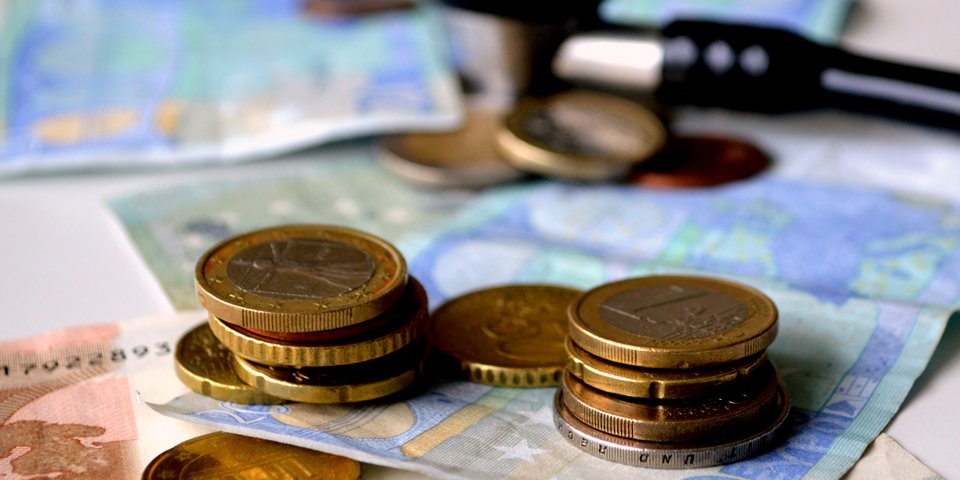 iStockphoto/Scharvik
iStockphoto/ScharvikFrance: Macron touts ‘EU Future Funds’
Presidential candidate Macron wants the EU to be able to act mostly autonomously in economic and indirect social policy.
GD/AD – 03/2017
Before the final phase of the French presidential election campaign, one of the forerunners, the non-partisan former advisor and Economics Minister of socialist President Francois Hollande, Emmanuel Macron, has described his vision and guidelines for French policy in and with Europe. As reported in the German ‘Neue Zürcher Zeitung’ and an extensive interview with French financial newspaper ‘Les Echos’, Macron has stated that the policy of austerity, which Germany and Angela Merkel are particularly responsible for, must be ‘terminated’ and replaced with a ‘new growth model’.
As things currently stand, this can only be done by the state. Therefore, Macron is demanding increased ‘public investment’ at both national and EU level. The EU needs a ‘proper budget’ which is controlled by an Economic and Finance Minister for the Eurozone. Even during his time as French Minister of the Economy, he had called on Germany to provide at least 50 billion euros for such a budget. The amount that Macron wants for the new EU fund hovers around ‘several hundred billion euros’. Given the obstacles to investment in France, ‘government intervention is required’.
As part of his investment programme for France, Macron wants to invest around 15 billion euros into ‘promoting education and training’; the same amount will go into the ‘energy revolution’. Healthcare will receive a further five billion euros, as will agriculture. Most international economists are critical, stating that the main scourges of the French economy, a lack of productive jobs in the non-public sector and insufficient local productivity, will stay the same or become worse. If this strategy is unsuccessful, there is a threat of a failure similar to that of the Hollande government. Healthcare would also be affected. An additional five billion euros, a fraction of annual expenditure, is as unlikely to compensate for poor structure and a lack of efficiency as it is a lack of competition in the area of procurement.
Macron’s newfound faith in the EU has the goal of enabling the Union to act largely autonomously in economic policy and indirect social policy. For the first time, economists might possibly experience a pseudo supra-state version of ‘Keynesian economic policy’ which attempts to stimulate overall economic demand through state intervention, not only at national level. However, if this were to happen it would be against the backdrop of exploding public indebtedness that has never been experienced before.
From Germany’s point of view, this would conflict significantly with German subsidiarity interests and the majority objective to not become the only country responsible for feeding into an EU Future Fund worth billions. The danger that this would be distributed arbitrarily in order to gain political popularity cannot be dismissed out of hand, nor can the questionable logic of massively increasing new debt in order to overcome existing over-indebtedness, particularly in the economies of countries which are no longer able to reduce debt themselves.
